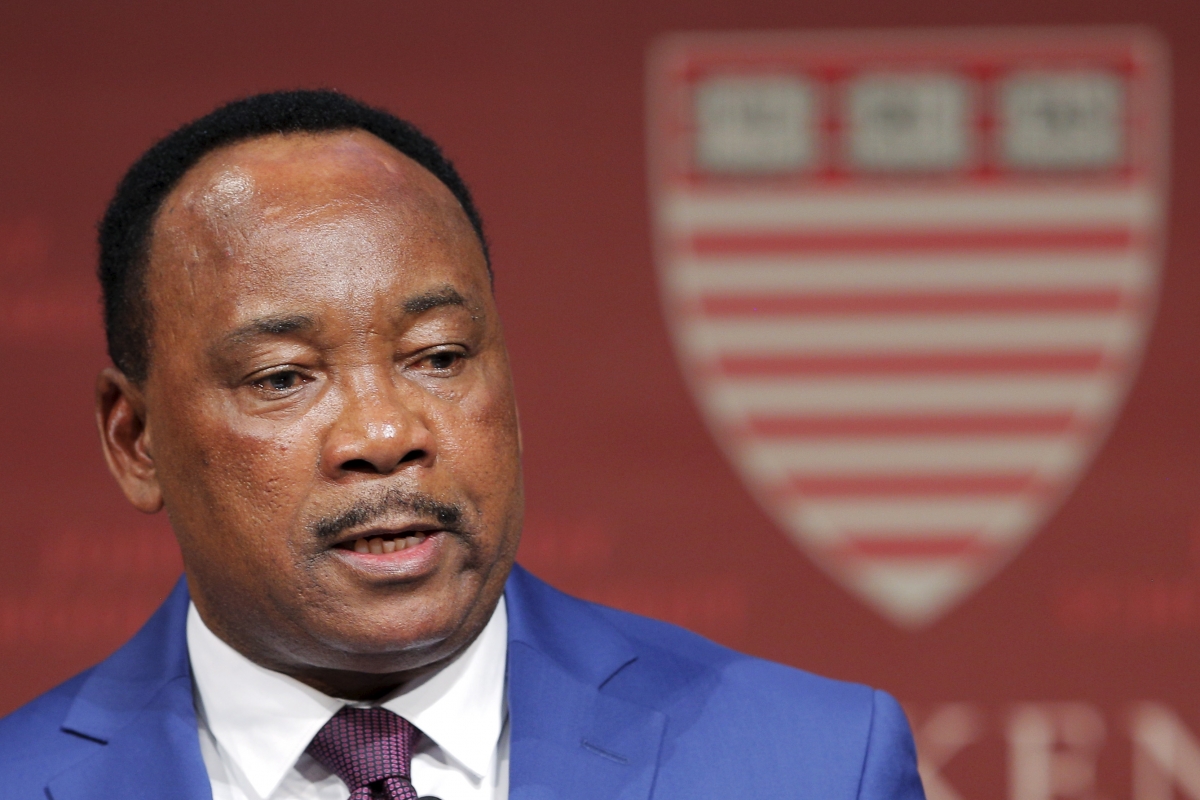NAN – The Niger Government has arrested scores of Boko Haram militants and would hand them over to the International Criminal Court (ICC), President Mahamadou Issoufou, has said.
This is contained in a document from the World Humanitarian Summit, ongoing in Istanbul, Turkey, made available to reporters in New York.
It indicated that Issoufou made this known on Tuesday, May 24, 2016 during a high-level leaders’ round table titled “Uphold the Norms that Safeguard Humanity”.
He said the Nigerien government would ensure the militants are tried by the ICC.
“This is something that all countries should do,” he said.
The best way to protect civilians, he added, was to ratify humanitarian conventions.
“Political, military and administrative authorities must be aware of pledges made by Governments and of the sanctions provided for under those conventions.”
Issoufou added that all countries must take on commitments to strengthen respect for international humanitarian law and human rights instruments, as well as guarantee that populations in need received humanitarian aid.
He said that Niger faced multiple humanitarian issues, including population displacement due to terrorists attacks.
The president said Niger had ratified the Geneva Conventions and the Rome Statute of the International Criminal Court.
Also speaking, UN deputy secretary-general Ján Eliasson said: “International humanitarian law and human rights are under assault around the world.”
Eliasson said that civilians were being indiscriminately killed, while summary executions, arbitrary detention, forced disappearances and torture were daily realities.
“Lives are being shattered by sexual violence.
“Indeed, more than 150 years of achievements to protect the most vulnerable during conflict were unravelling.
“The Geneva Conventions seem to have been forgotten,” he said.
He called on UN member states to promote respect for international law, enhance protection of civilians, allow unimpeded humanitarian access to those in need and condemn violations of international law.
For its part, he said, the UN is committed to speaking out against those abuses, strengthening the Human Rights Up Front Initiative and working to ensure that perpetrators were held to account and victims compensated.
Other speakers agreed that upholding humanitarian law was the cornerstone of effective humanitarian assistance, with several underscoring their commitment to the Agenda for Humanity.
They said that rules were being violated and called for compliance with international law and accountability.
For some, that meant respecting Security Council resolution 2175 (2014) on the protection of humanitarian workers and resolution 2286 (2016) on the protection of medical and humanitarian personnel engaged in medical duties.
In this regard, Mr Jose Margallo, minister for foreign affairs and cooperation of Spain, supported the proposal by France and Mexico to limit veto use in the security council in cases of the most serious crimes.
Also speaking, Mr Pietro Parolin, secretary of state of the Holy See, condemned all violence against women, especially systematic rape used as a tactic of war or terror.
Parolin said that the Holy See was committed to promoting the principle that humanitarian assistance must always be guaranteed as a life-saving necessity.







